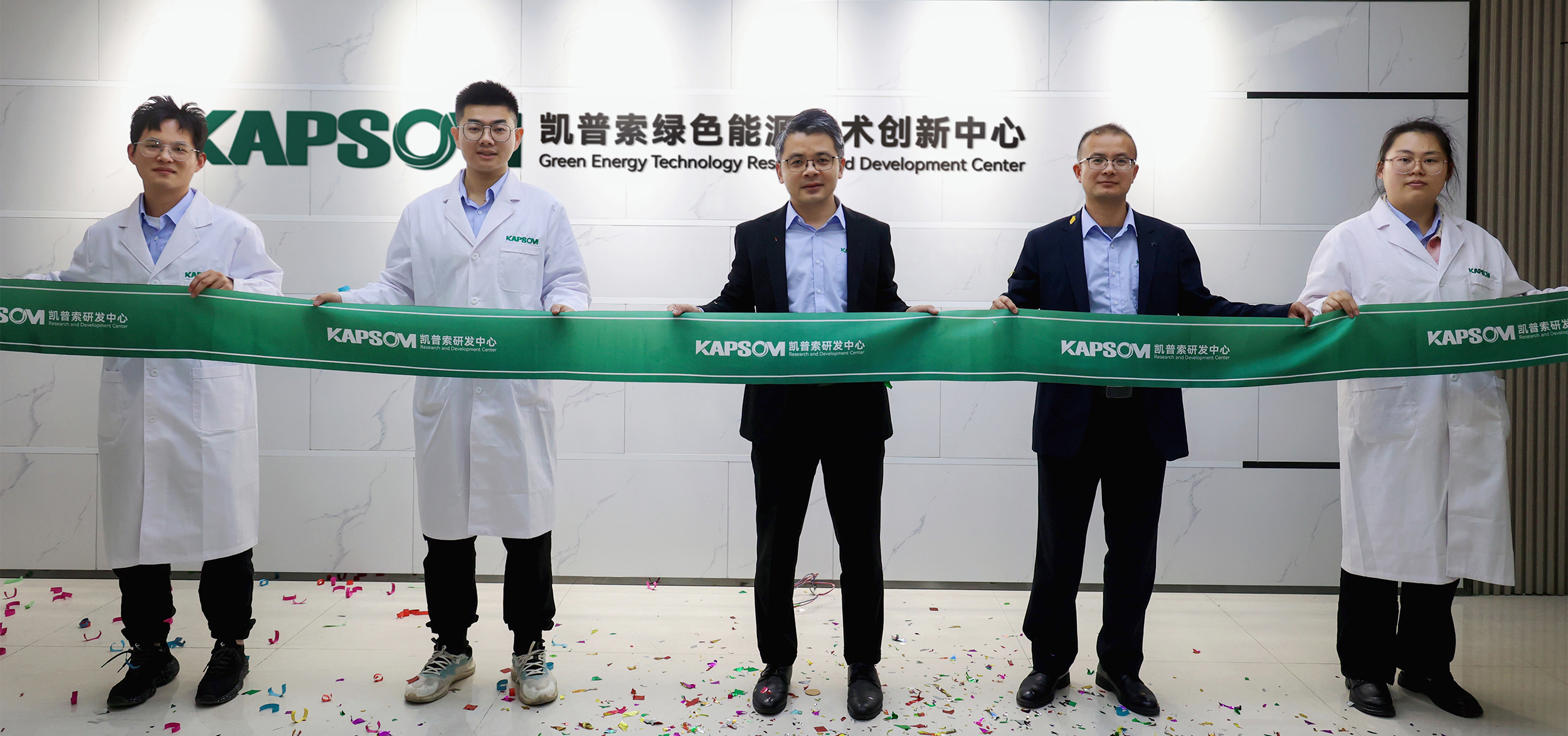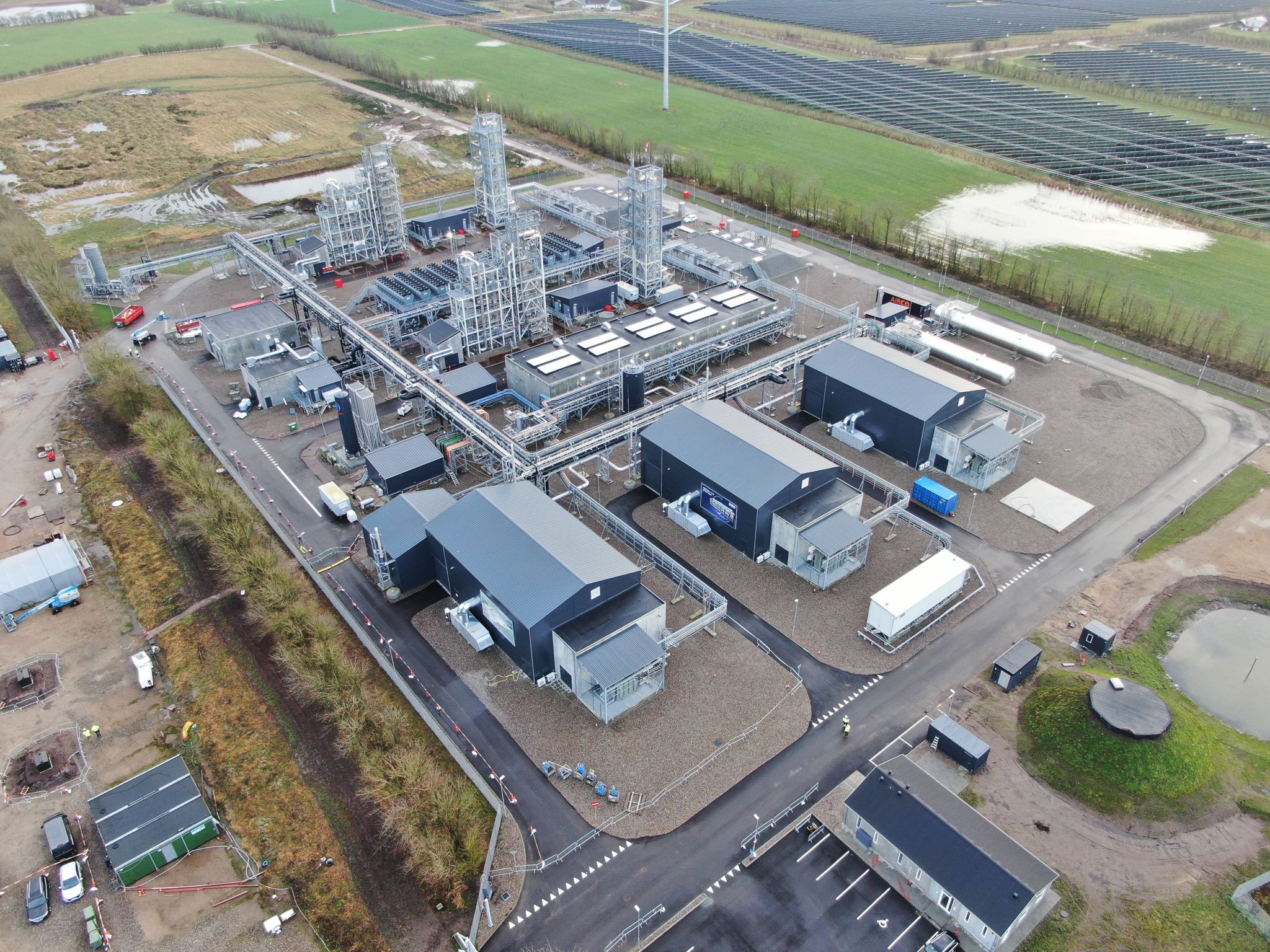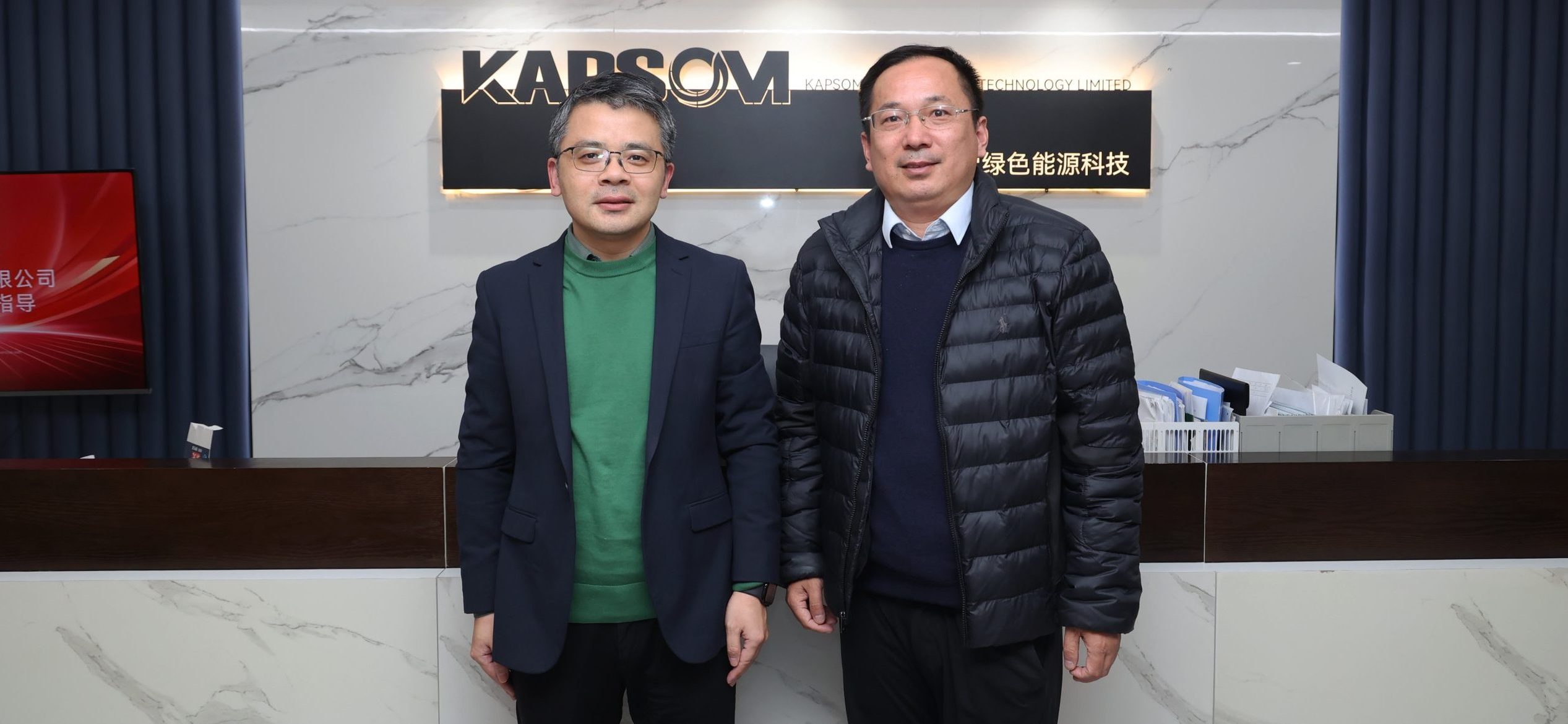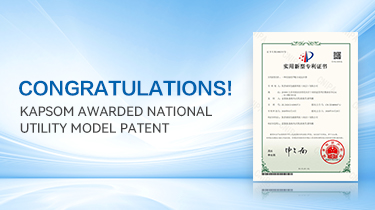On March 14, 2024, senior representatives from the South Korean KE Corporation’s China office visited KAPSOM. The two parties mainly launched green power projects based on South Korea’s green power energy reform and KE’s follow-up plan. Conduct technical exchanges and business negotiations for ammonia project planning.
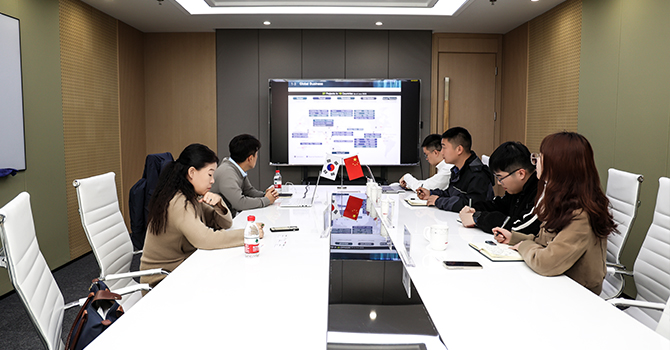
The Impending Transition to Green Energy in South Korea
According to data from the U.S. Energy Information Administration (EIA), South Korea, as the world’s seventh largest energy consumer, relies on imports for approximately 97% of its energy needs. In 2022, South Korea’s annual electricity consumption reached 547.9TWh, an increase of 2.7% compared to the previous year, highlighting the urgent need to adjust its energy structure to meet the growing demand for electricity. In response, the South Korean government is actively seeking methods to reduce energy consumption and transition towards environmentally friendly energy sources.
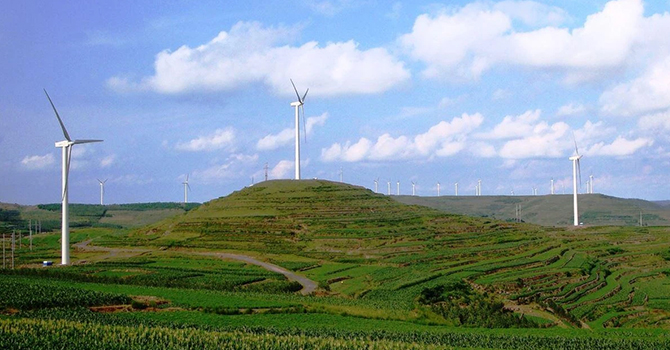
In the 9th Basic Plan for Long-term Electricity Supply and Demand (BPLE) in 2020, South Korea set a target to increase the proportion of renewable energy generation from 15% to 40% to maintain the stability of electricity supply and demand. In January 2023, South Korea announced the “10th Basic Plan for Electricity Supply and Energy,” which stipulates that the proportion of renewable energy generation will reach 21.6%. It also emphasizes the transition from aging coal-fired power plants to LNG (liquefied natural gas) power plants and the transformation of high-emission industries towards a low-carbon structure to achieve carbon neutrality.
A New Era of Flourishing Global Green Energy Development
In the process of achieving international energy and climate goals, electricity plays a crucial role as the cornerstone of modern societal life. Statistics indicate that electricity accounts for approximately one-fifth of global energy consumption. In the future, with the increasing integration of society into digital realms, electricity will play an increasingly vital role in areas such as heating, cooling, transportation, as well as communications, finance, and healthcare. According to Sustainable Development Scenario projections by the International Energy Agency, by 2040, electricity is poised to surpass oil as the world’s primary energy source, with renewable energy generation expected to account for over 70% of total electricity generation.
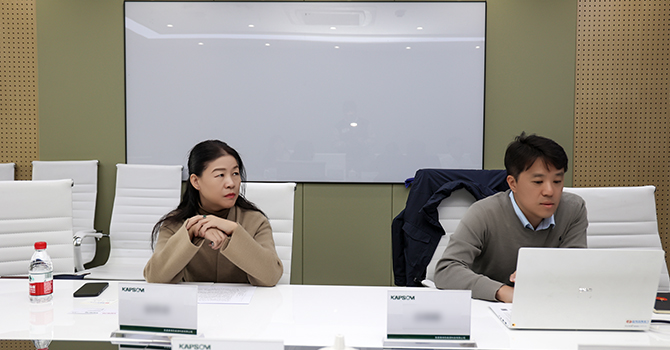
As a clean and efficient secondary energy, electricity plays a decisive role in the energy transformation process. Accelerating the transformation of the power industry is the key to promoting energy transformation. The future power system will establish a new structure with new energy as the main body, of which wind power and photovoltaic power generation will become the main force, while coal power will serve as auxiliary energy. Various energy sources will be supplied horizontally and collaboratively to form a comprehensive energy supply system.
Helping KE Secure a New Path in Green Energy Development by KAPSOM
KE is a leading company in South Korea’s power industry, encompasses various sectors including power generation, transmission, distribution, and power development projects. With the increasing demand for electricity development in South Korea, KE is actively seeking green transformation to assist in achieving carbon neutrality goals. During this visit to KAPSOM, the two parties mainly conducted in-depth discussions on the new track of South Korea’s green power transformation and its planned green power projects in Australia.
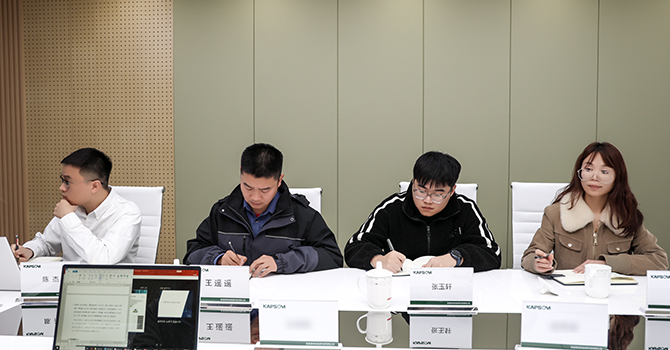
Australia has abundant wind and solar resources, as well as 87 ports and excellent maritime conditions, providing unique advantages for South Korea’s green power projects. In addition, Australia is South Korea’s main supplier of mineral resources and the primary investment destination for South Korean mining companies. Australia and South Korea have mutually complementary relationships in terms of green power demand and renewable energy development goals, providing broad space for cooperation between the two parties. KAPSOM looks forward to working with KE to help it achieve new breakthroughs in the green electricity development track.
For more information about KAPSOM and its initiatives, please contact dongling@kapsom.com.

